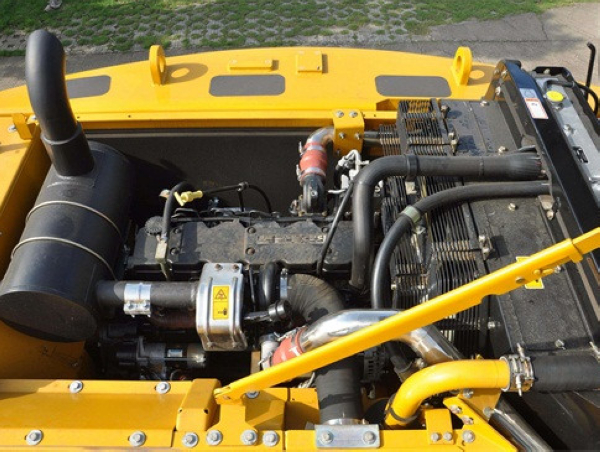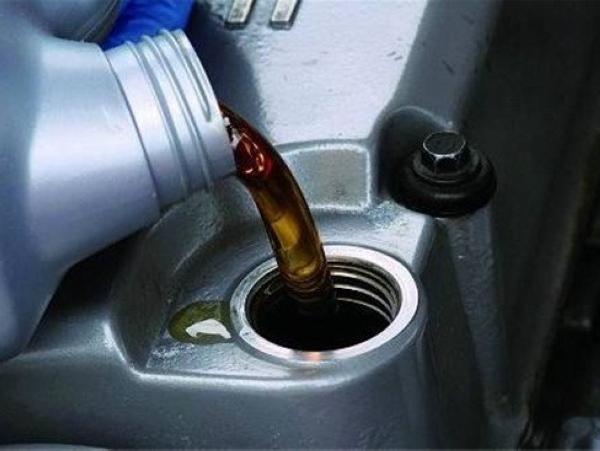Engine ‘oil burning’ refers to engine oil entering the combustion chamber and participating in combustion alongside the fuel-air mixture. This phenomenon leads to diminished engine performance, excessive emissions, mechanical damage to the engine, and accelerated oil consumption. The causes of engine oil burning are often complex; below we analyse several common reasons.
1. Excessive wear on piston rings and cylinder liner walls creates excessive clearance, allowing oil to seep into the cylinders. Failure to replace or clean the air filter over extended periods permits airborne dust particles to enter the cylinders, causing wear on the cylinder walls and pistons. Additionally, poor-quality diesel fuel may form carbon deposits and impurities within the cylinders, further contributing to cylinder wear.
2. A clogged air filter restricts engine airflow, reducing intake pressure in the combustion chamber and creating excessive vacuum. This draws oil into the combustion chamber, causing a sharp increase in oil consumption.
3. Damaged turbocharger or valve oil seals result in poor sealing, allowing oil to enter the cylinder via the intake manifold.
4. Incorrect piston ring installation. Improper fitting causes ‘oil pumping’ where oil enters the combustion chamber and is consumed, while also accelerating wear.
5. Use of incorrect oil grade. Oil with insufficient viscosity fails to lubricate adequately, increasing engine wear and preventing piston rings from scraping oil cleanly, resulting in oil burning.
6. Failure to change engine oil regularly. Accumulated contaminants (metal particles, gum, carbon deposits) degrade lubrication properties, accelerating cylinder block wear and diminishing piston ring sealing effectiveness.
















